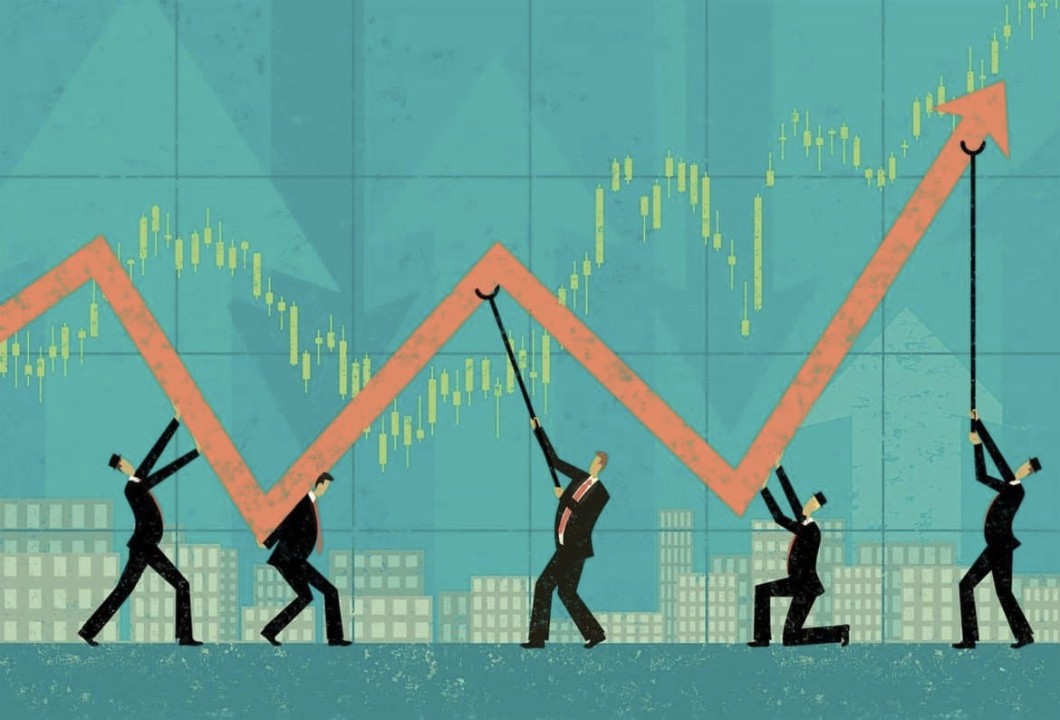Arun Chulani, Co-founder of First Water Capital Fund, believes it is the investors’ job to try and create a diversified weather-proof portfolio that one can feel comfortable holding. In an interview with MintGenie, he shared his views on inflation, rate hikes and sectors he is positive about.
Edited excerpts:
What are your expectations from the Q4 numbers of India Inc? IT is expected to witness a lacklustre quarter. Do you see value emerging in this sector?
Of course, one should look at expectations on a sector-wise basis rather than a blanket approach.
Some thoughts are: For metals and more specifically steel, there has been a softening in coking coal prices, so I would imagine that margins should improve compared to the last quarter but is likely to be softer than last year as realisations have generally come off.
Textiles should also see a softening in the numbers, as recessionary fears impact orders.
The IT sector has seen growth so far, but once again the impact on its key customer segment, that of BFSI, will create a softening of future earnings as clients look to re-negotiate or put a hold on projects.
One bright spot should be infra as raw material prices are down, while the government continues to push its infra-led agenda.
How do you expect the trajectory of inflation and rate hikes for the rest of the year? Is the worst behind us?
When it comes to the near-term macro, anything can happen. But, at least to me, it seems that both have started to soften for now.
However, it is too early to say if the war on inflation has been won. Energy, one of the key protagonists of last year, has come off in comparison to last year.
While OPEC+ are aiming to keep a floor, future price hikes should hopefully not be as pronounced given that some producers have increased output and the world seems to be in a heightened phase of energy transition and strategic diversification.
The central bank is going to continue doing its key job, which is to tame inflation, but the decision-makers will be cognizant of the impact on growth prospects. And so, the RBI will likely look to balance between the two.
The Indian market has underperformed most of the major markets this year so far. We see the FPIs have started coming back. The concerns over valuation have eased and the RBI has taken a pause. What is your outlook for the domestic market for the next six months?
Six months is too short a time frame to take a view. Many have been dashed on the rocks of volatility trying to time the markets.
Better to take a long-term view and focus on finding well value stocks or screening for good managers.
Can the RBI remain on pause mode for a protracted period while crude oil prices are rising, and El Nino is looming which can impact monsoon and crop production? Do we have fresh risks of inflation?
Again, as I mentioned, trying to second-guess the impact of all these macro factors in the near term may leave one dizzy.
There is also the question of China’s opening up – why hasn’t there been any real inflation occurring as a result?
Is it because growth boosters have yet to kick in or is there limited juice left in the tank?
On average, China is 40-50 percent of global demand for most basic commodities, so what is happening here? There are too many factors out there and unfortunately, I am not a macro specialist.
But what I do believe is that India does have strong long-term tailwinds.
I would personally prefer to focus on companies that are relatively well-valued and should be in a good position to benefit from these macros.
That way should there be near-term macro-violence, I am not that worried as long as the structural story of my selected companies remains intact.
What sectors are you betting on at this time? Should one look at real estate stocks?
We are sticking to our bets of infra, chemicals, packaging, and metals. Again, while there be booms and busts, we believe that due to the various winds of China+1, the government-heavy infra focus, rising incomes, and per-capita catch-up, many of our stocks should be direct beneficiaries.
What are the key challenges which can upset the market? Can they trigger a knee-jerk reaction?
Market participants seem sensitive at the moment and who can blame them?
Recently we have seen a lot of things we haven’t experienced for a while – pandemic, major conflict, heightened geopolitical concerns, inflation, rate hikes and financial fragility. But still, we are standing.
Any escalation or negative news can create a knee-jerk reaction.
But I believe that it is the investors’ job to try and create a diversified weather-proof portfolio that one can feel comfortable holding and even add to when the storm clouds are out.
The views expressed are the authors own. Please consult your financial advisor before making any investment decisions.









